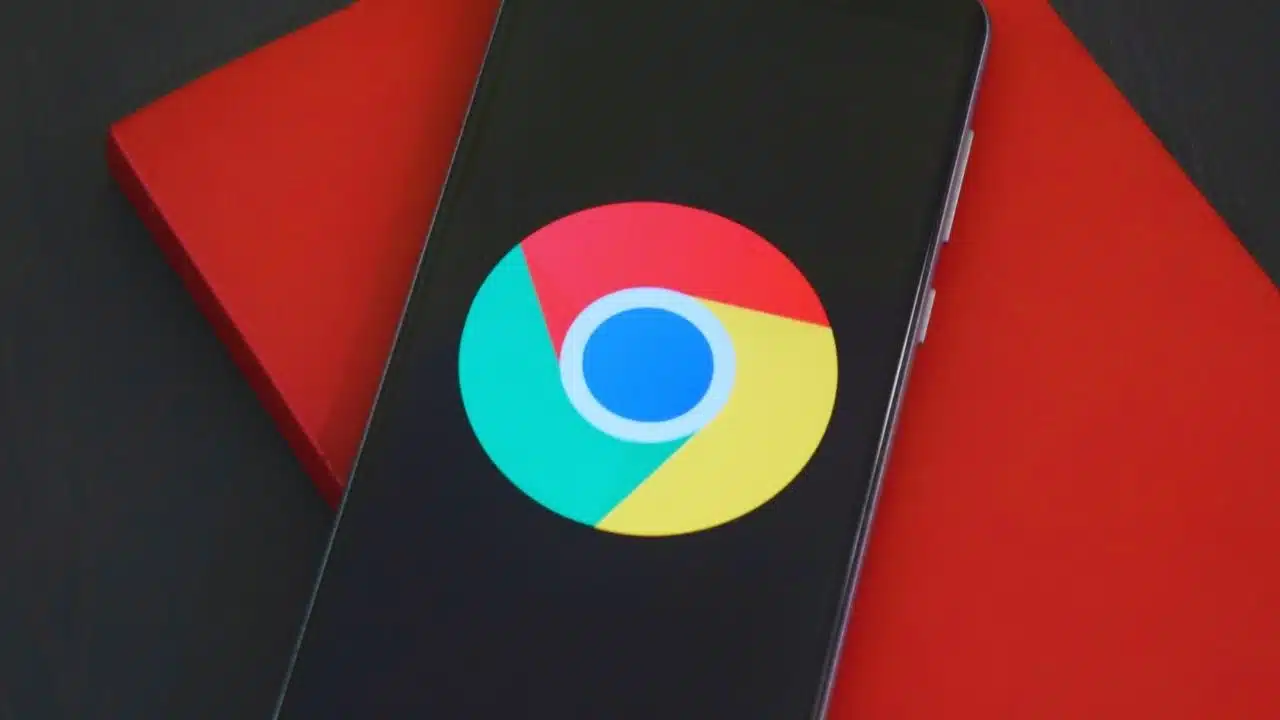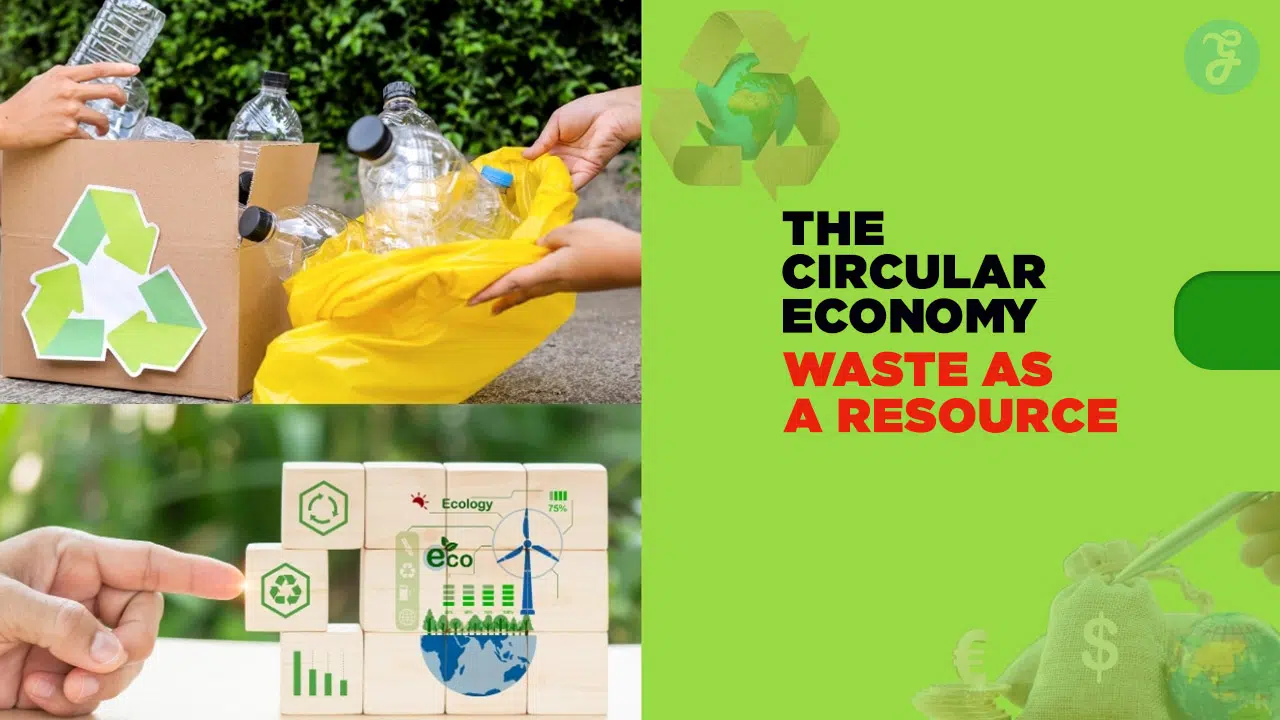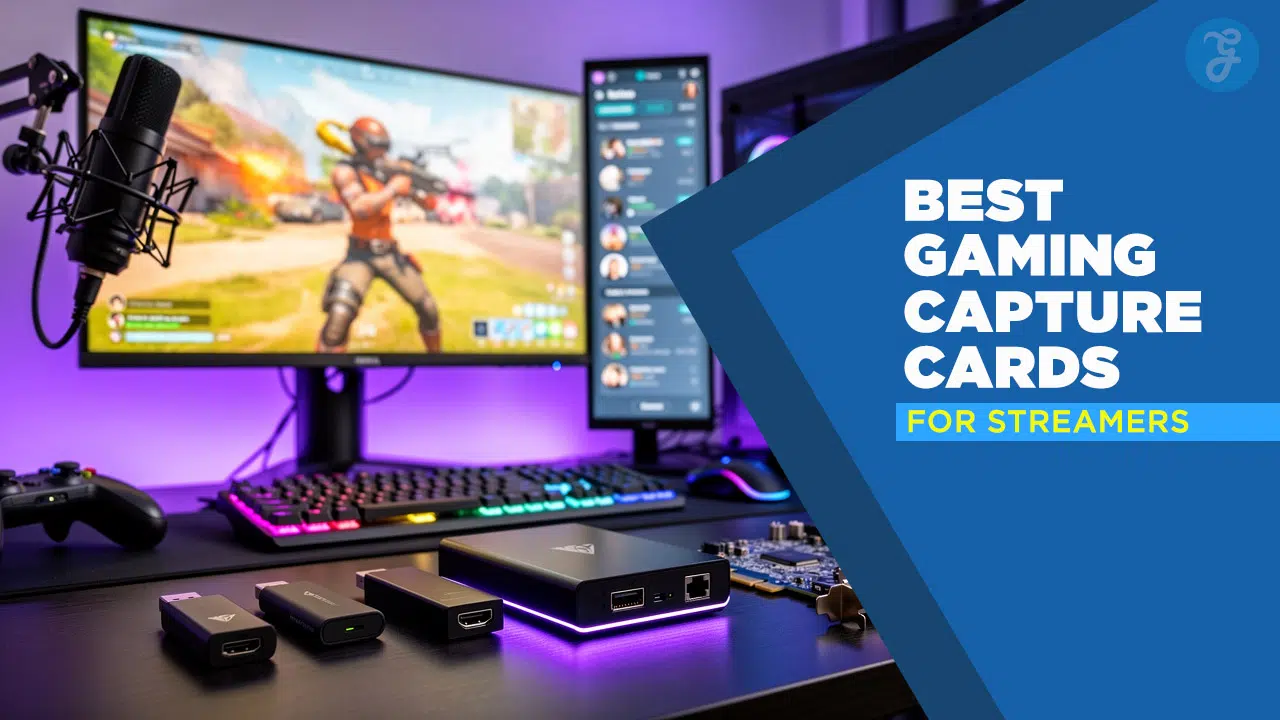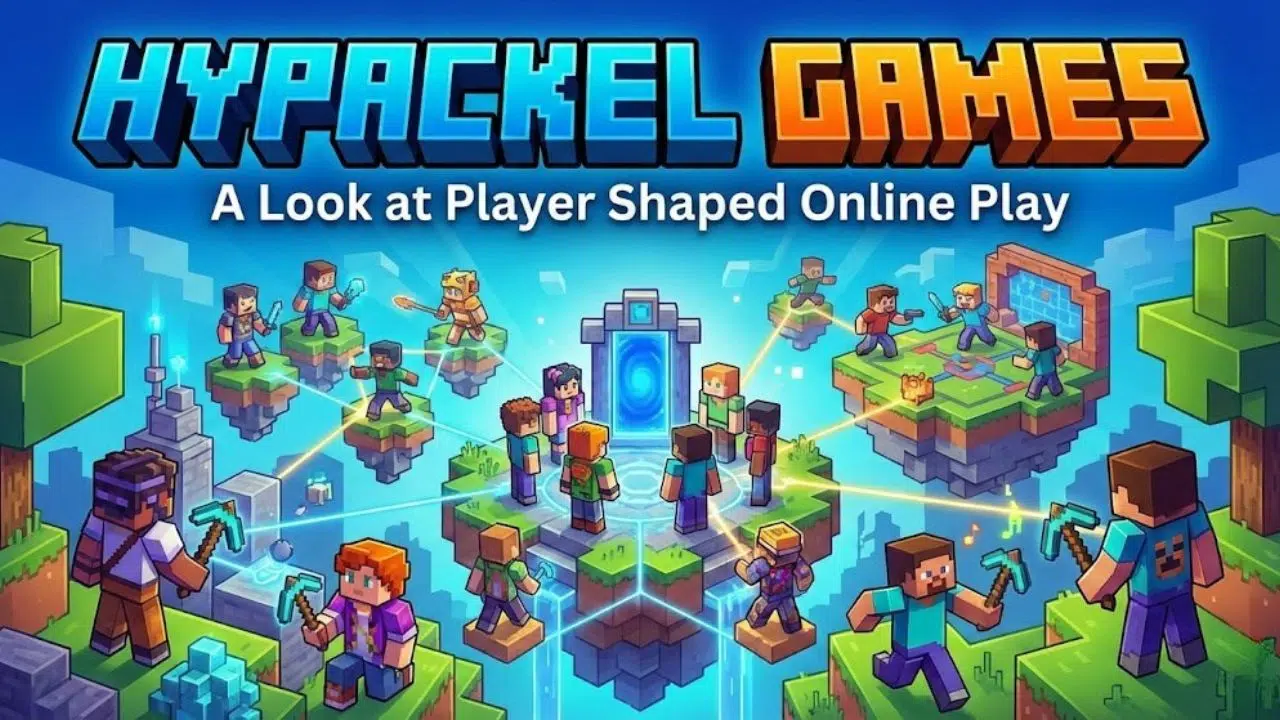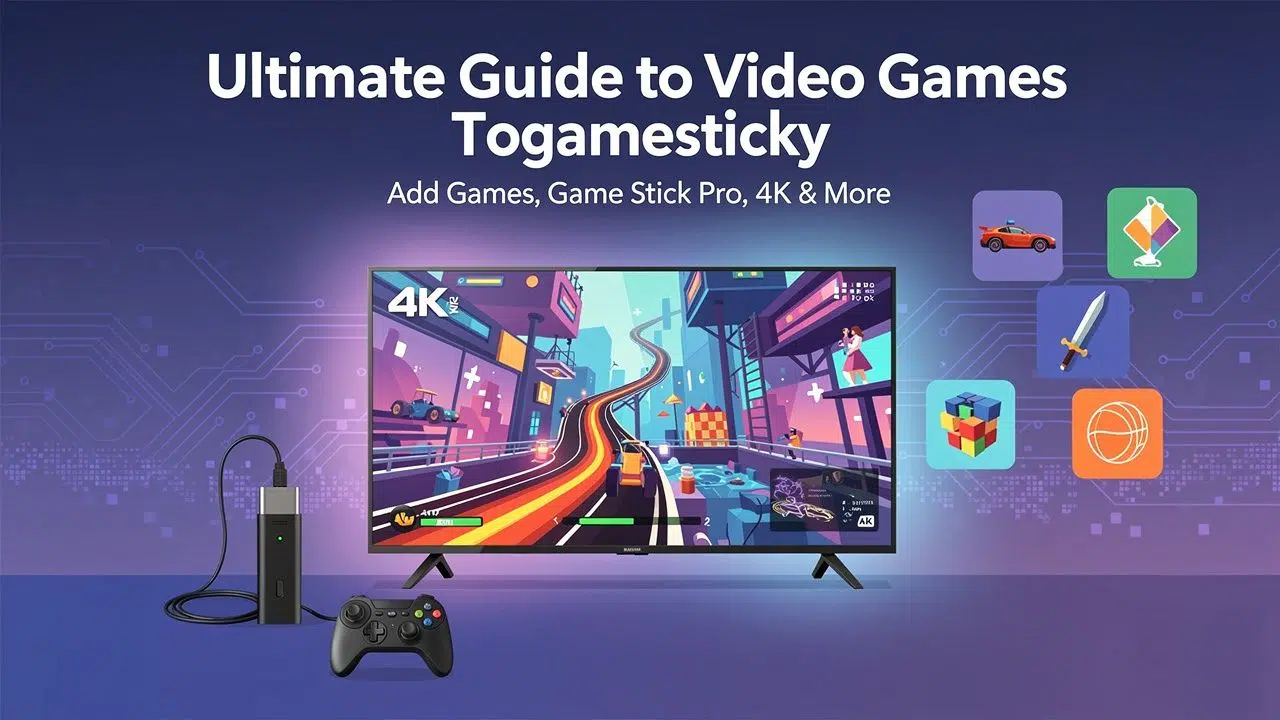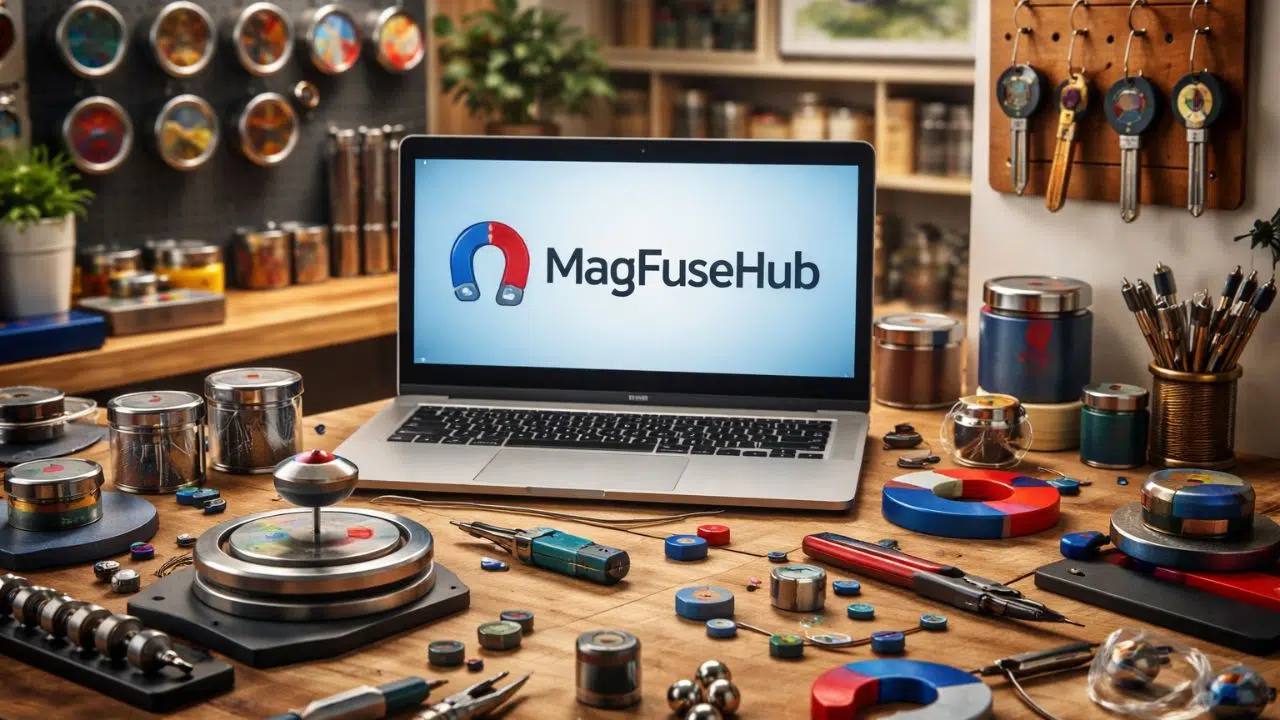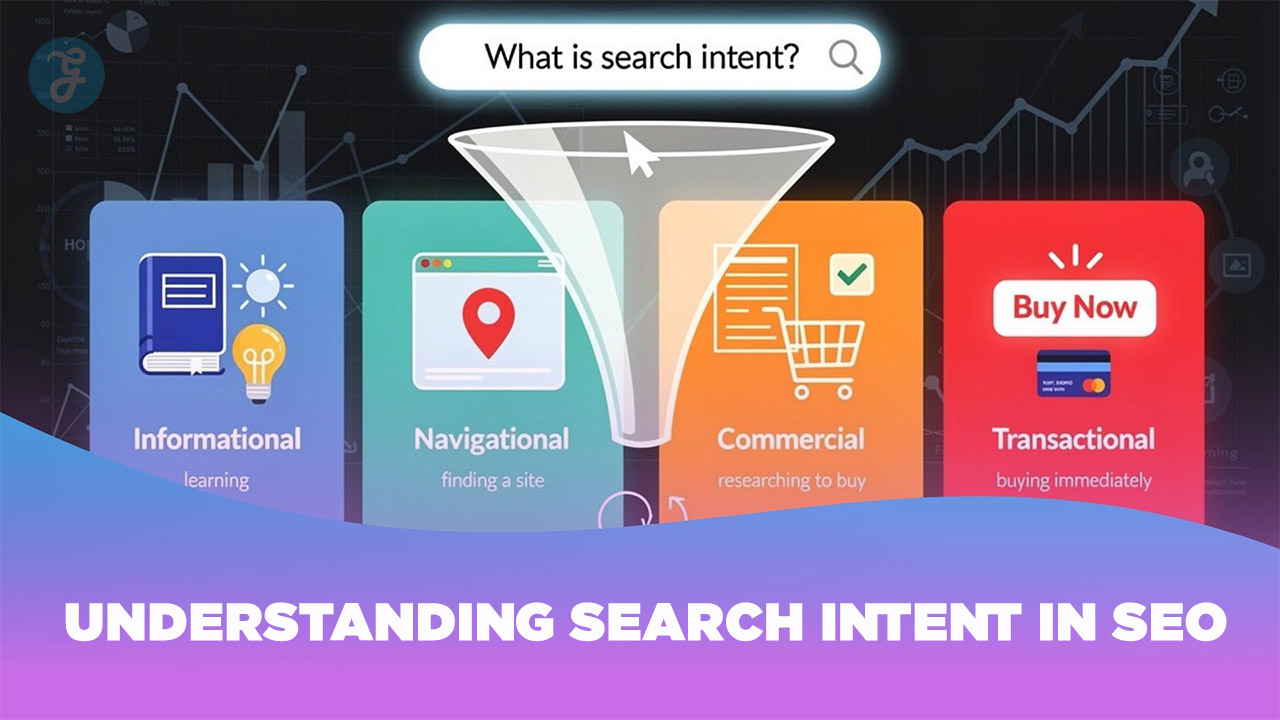In a major development during the ongoing antitrust trial against Google, OpenAI and Yahoo have both expressed a strong interest in acquiring the Chrome web browser—but only if a federal judge orders Google to divest it.
This revelation came to light during court testimony this week, as the trial led by Judge Amit Mehta explores how to address Google’s dominance in the online search and browser markets. Last year, Judge Mehta ruled that Google had violated antitrust laws by maintaining an illegal monopoly in search. The current stage of the trial focuses on potential remedies, and one of the boldest proposals on the table is a forced sale of Google Chrome and possibly even the Android operating system.
The U.S. Justice Department Pushes for a Breakup
The U.S. Department of Justice (DOJ) argues that divesting Chrome is necessary to restore fair competition in the online search ecosystem. Chrome plays a crucial role in Google’s dominance because it drives billions of users daily to Google’s search engine by default.
If Google is required to sell Chrome, it could fundamentally alter the balance of power in online advertising, search, and AI innovation. It’s not just about browsers; it’s about the ecosystem control that comes with them.
Yahoo’s Strategy: Chrome as a Catalyst for Search Growth
Brian Provost, General Manager of Yahoo Search, testified that Yahoo is seriously interested in buying Chrome. Provost emphasized that Apollo Global Management, the private equity firm that owns Yahoo, is financially strong enough to back such an acquisition, even though the deal would likely cost tens of billions of dollars.
According to The Verge and Bloomberg, Provost explained that securing Chrome would allow Yahoo to dramatically boost its search market share, which has languished at around 3% for years. With Chrome under Yahoo’s control, Provost believes the company could move into double-digit market share territory, challenging the dominance of Google Search.
Provost described Chrome as “arguably the most important strategic player on the web,” underlining its potential to shift market dynamics significantly.
Yahoo has also been quietly developing a prototype web browser of its own, as Provost revealed, but owning Chrome would fast-track Yahoo’s ambitions in the search and browsing spaces by giving it access to a massive user base immediately.
Current Browser Market Snapshot
As of March 2025, global browser market share statistics show:
- Google Chrome: approximately 66%
- Apple Safari: around 18%
- Microsoft Edge: about 5%
- Other browsers like Mozilla Firefox and Opera combined make up a small fraction of the market.
These figures demonstrate the enormous power that comes with owning Chrome. Even a small shift in Chrome’s control could send ripples across the search and browser markets.
OpenAI’s Interest: Strengthening ChatGPT Search
Meanwhile, OpenAI, the creator of ChatGPT, also signaled interest in acquiring Chrome if it were available. Nick Turley, Head of Product for OpenAI’s search platform, testified that integrating Chrome with ChatGPT could significantly expand OpenAI’s reach and improve the quality of its AI-powered search offerings.
Currently, OpenAI’s search experience relies heavily on Microsoft’s Bing technology, a relationship shaped by Microsoft’s major financial investment in OpenAI. However, owning Chrome would allow OpenAI to control its own browser platform, eliminating dependency and giving OpenAI a direct channel to distribute its search innovations to a global user base.
Turley argued that pairing ChatGPT with a popular browser like Chrome could create a next-generation browsing and search experience, combining natural language understanding with real-time web navigation.
Perplexity AI Weighs In: Opportunities and Risks
Another AI search startup, Perplexity AI, also entered the conversation during the trial.
Dmitry Shevelenko, Chief Business Officer at Perplexity AI, testified that his company would be capable of operating Chrome effectively if given the chance. He said that Chrome could provide a massive boost to Perplexity AI’s growing search business, which focuses on AI-driven, real-time answers to user queries.
However, Shevelenko issued a serious caution: divesting Chrome could endanger the open-source project Chromium, the software foundation upon which Chrome—and many other browsers like Microsoft Edge, Brave, and Opera—are built.
Without Google’s stewardship, there is a risk that a new owner could shutter or degrade Chromium. That, in turn, would cause serious disruption across the browser landscape, harming both users and developers who rely on open-source innovations.
Google’s Strong Defense Against Forced Sale
Google, unsurprisingly, is fiercely resisting the idea of selling Chrome.
In a statement to Yahoo Finance, a Google spokesperson said that forcing a sale would harm the broader internet ecosystem. Google’s argument is that Chromium’s open-source nature has been essential for browser innovation, consumer security, and privacy protections across the internet.
By maintaining Chromium, Google claims it helps ensure that even rival browsers like Microsoft Edge can offer users a high-quality, secure experience.
Google warns that separating Chrome from its parent company could fragment the browser market, weaken web security standards, and ultimately harm consumers rather than help them.
What Happens Next?
The trial is scheduled to conclude on May 9, 2025, with closing arguments expected soon after.
Judge Amit Mehta will then deliberate and is expected to issue his final ruling by August 2025.
Depending on the outcome, the tech world could be facing one of its most transformative moments in decades: a potential breakup of Google’s power in the browser and search markets, opening doors for challengers like Yahoo, OpenAI, and others.
Whether Chrome will actually change hands—and what that might mean for users worldwide—remains to be seen.
The Information is Collected from Yahoo and The Verge.


